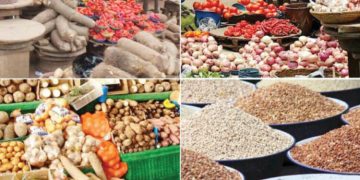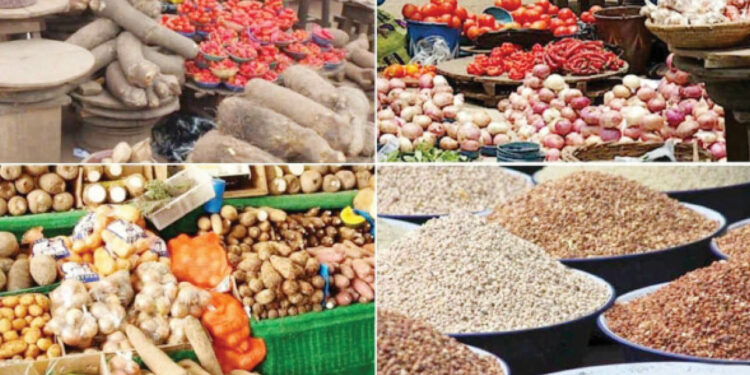Despite the recent Naira appreciation against the dollar, reaching N1000, Nigerians are still experiencing high food prices.
Despite hopes that the strengthened Naira would reduce economic hardship, essential food items continue to become more expensive, diminishing the purchasing power of the Nigerian populace.
Factors such as supply chain disruptions, transportation costs, and market speculation contribute to the persistent rise in food prices, as reported by a recent survey conducted at Apata market in Ibadan.
For instance, a bag of beans that was N68,000 three weeks ago now sells for N80,000, while vegetable oil prices have surged despite the Naira appreciation.
Moreover, ongoing insecurity in certain regions has further worsened the situation, disrupting agricultural activities and distribution networks.
This escalation in food prices has severely impacted lower-income families, raising concerns about food insecurity and malnutrition.
As the situation intensifies, urgent government intervention is needed to alleviate the hardships faced by the masses.















